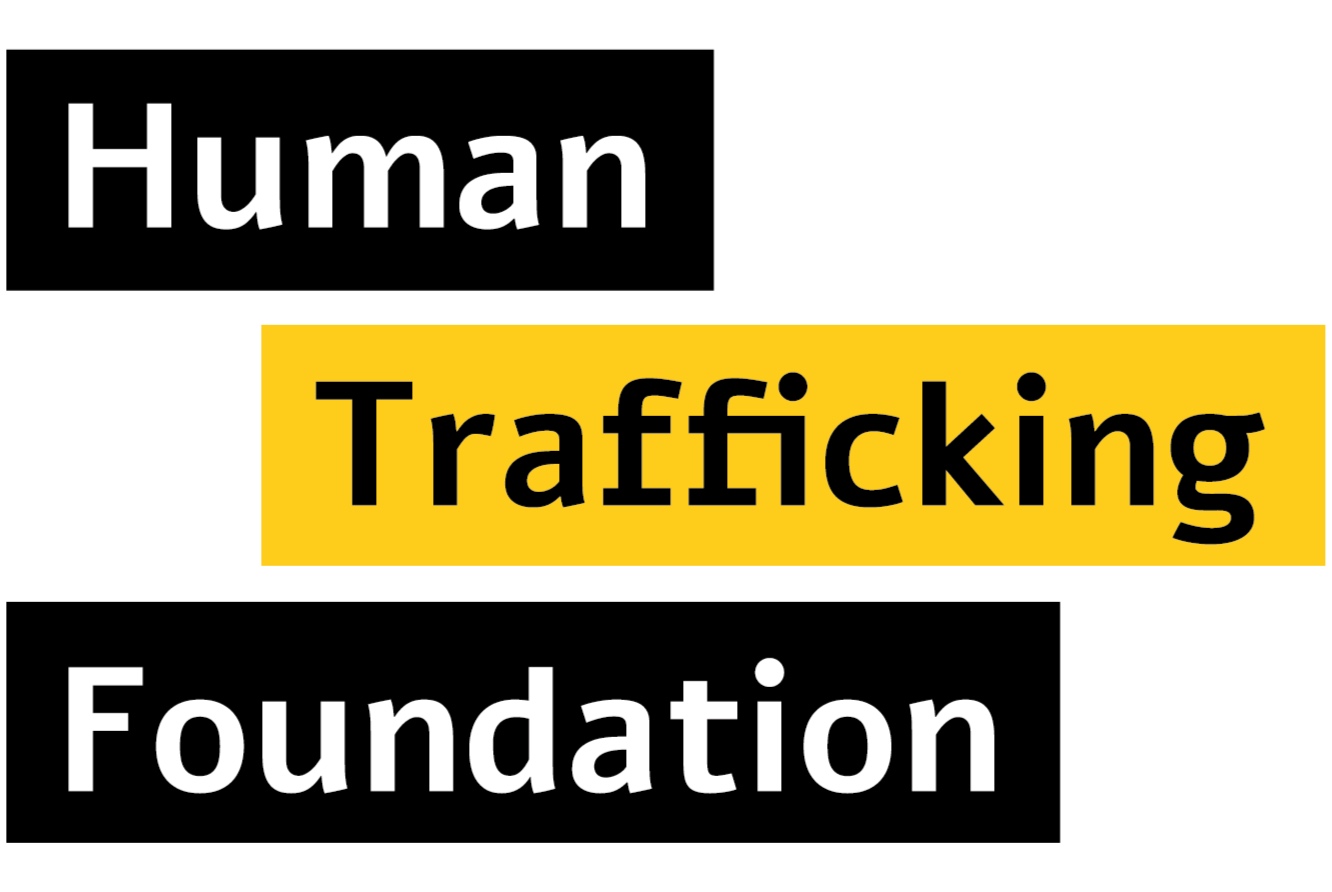Under the Modern Slavery Act 2015, local authorities and police are considered ‘First Responders’ as they have a ‘duty to notify’ the Secretary of State (Home Office) if they come across suspected victims of modern slavery. This duty is carried out by making a referral to the National Referral Mechanism (NRM) for children and consenting adults, or by completing the NRM form anonymously if an adult victim does not give informed consent.
In October 2021, the Human Trafficking Foundation held an online conference for 300 First Responders in London, which took an in-depth look at what makes a good NRM referral and how the decisions are made, explored the importance of language and the role of local authorities beyond the First Responder duty.
Presentations
(Where slides were used during the conference, these can be viewed by clicking on the links below)
The Role of the First Responder - Dame Sara Thornton DBE QPM, Independent Anti-Slavery Commissioner
The National Referral Mechanism - Robyn Phillips, London Project & Survivor Lead, Human Trafficking Foundation
NRM Form & Decision Making - Rebecca Redmond, Deputy Chief Caseworker, Single Competent Authority
Survivor Perspective - Modern Slavery Survivor Collective
Conducting an NRM Interview - Norree Webb, Response Coordinator, The Salvation Army
NRM Referrals for Children - Bina Godhania, Independent Child Trafficking Guardian Regional Manager, Barnardo’s
Beyond the First Response: Council Responsibilities - Morgan Mead, Modern Slavery Coordinator, Birmingham City Council
The Police Response - DC Carla Cullinane, Modern Slavery Central Specialist Crime, Metropolitan Police Service
